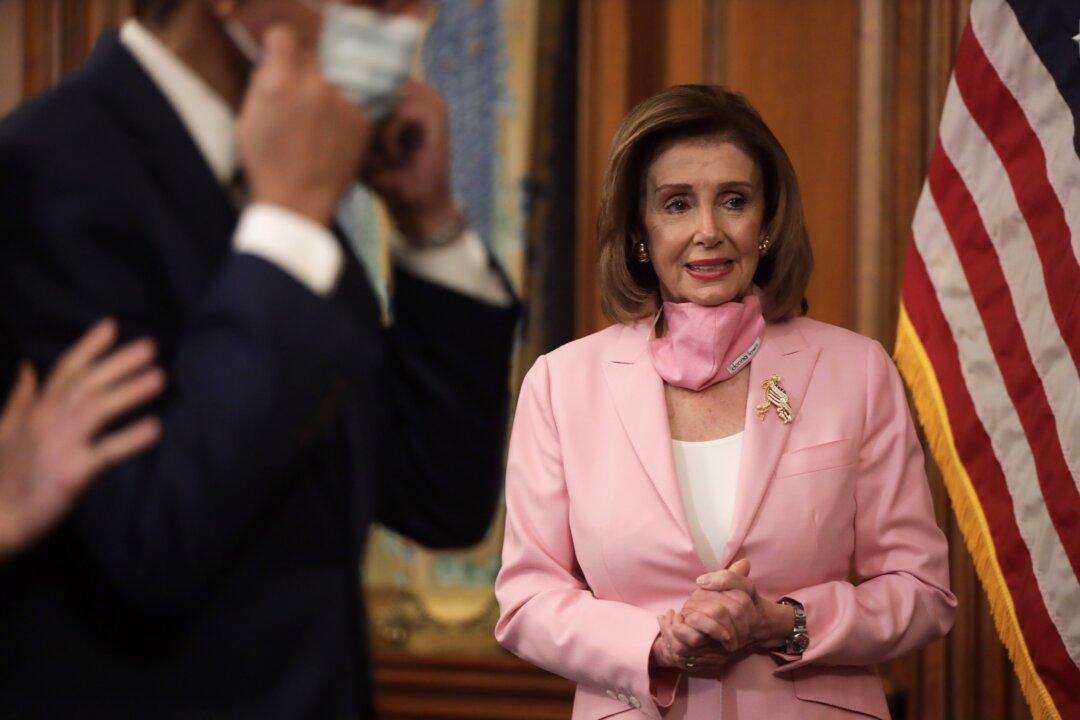House Democrats on May 12 released a $3 trillion bill that includes another direct payment to each American as well as nearly $1 trillion for state and local governments that would help those struggling with unbalanced budgets amid the COVID-19 pandemic.
The bill (pdf) would provide $540 billion to states, territories, and tribal governments “to mitigate the fiscal effects stemming from the public health emergency with respect to” the pandemic.





